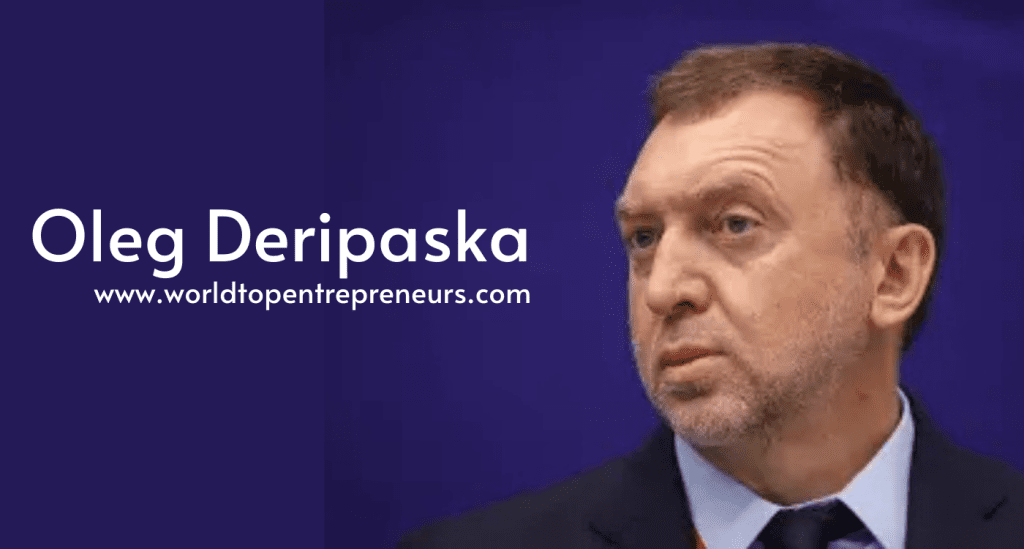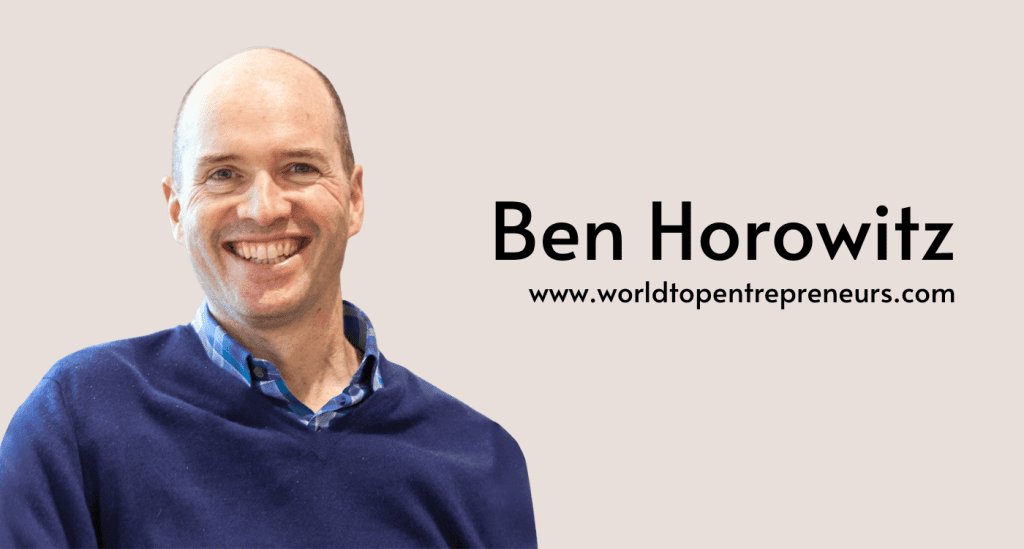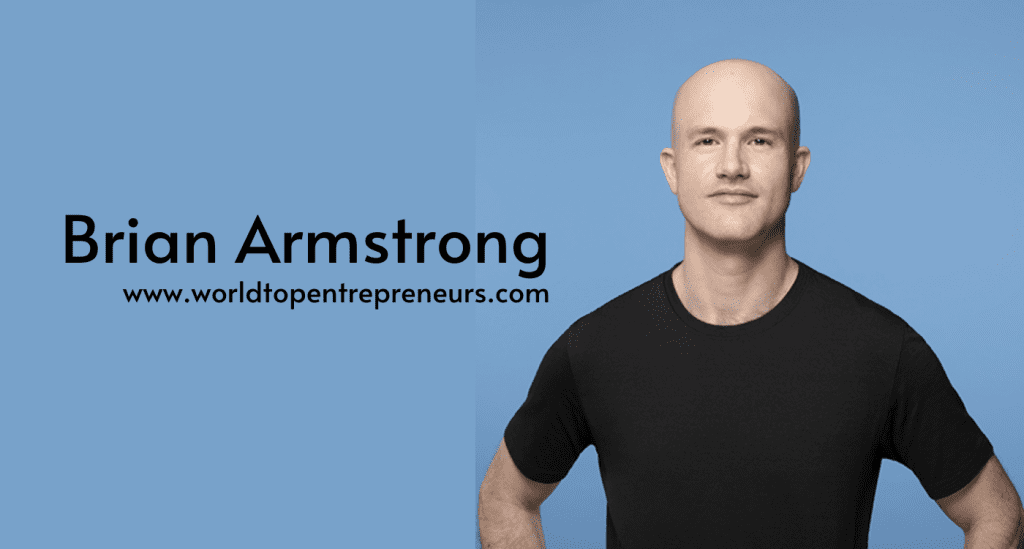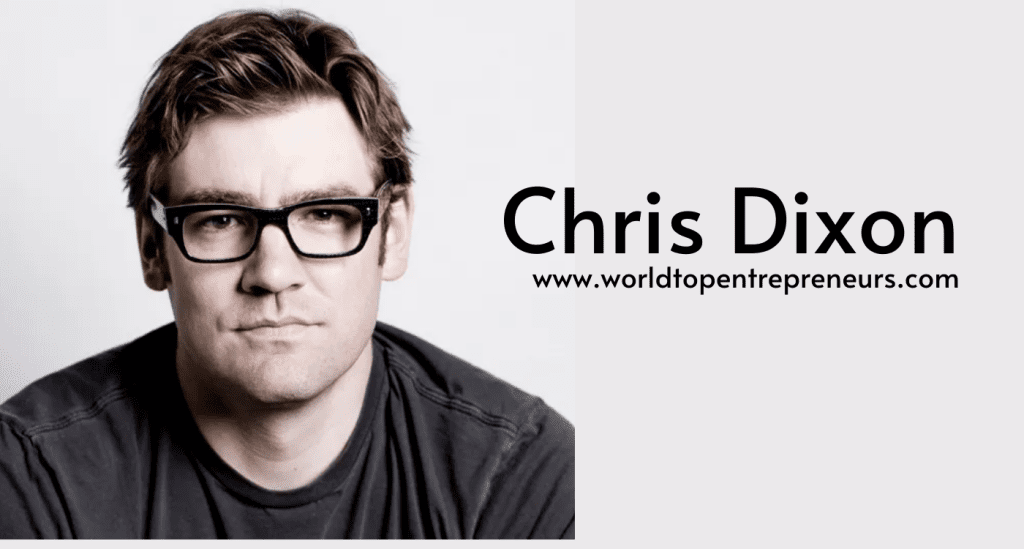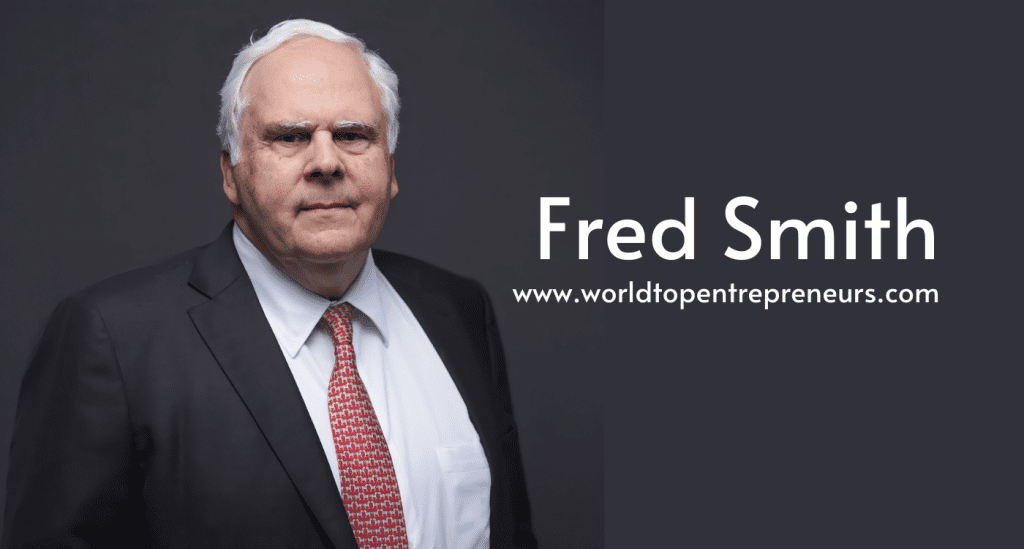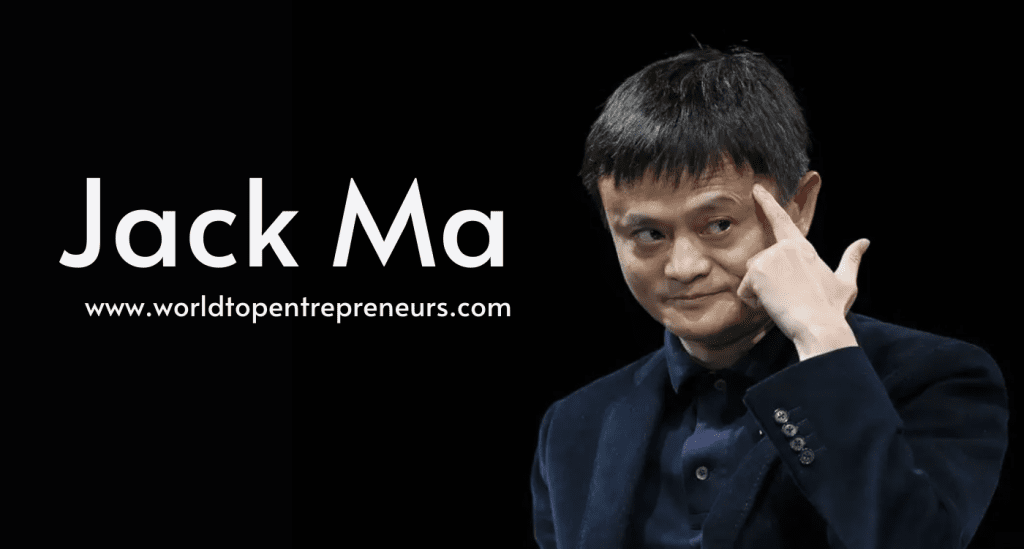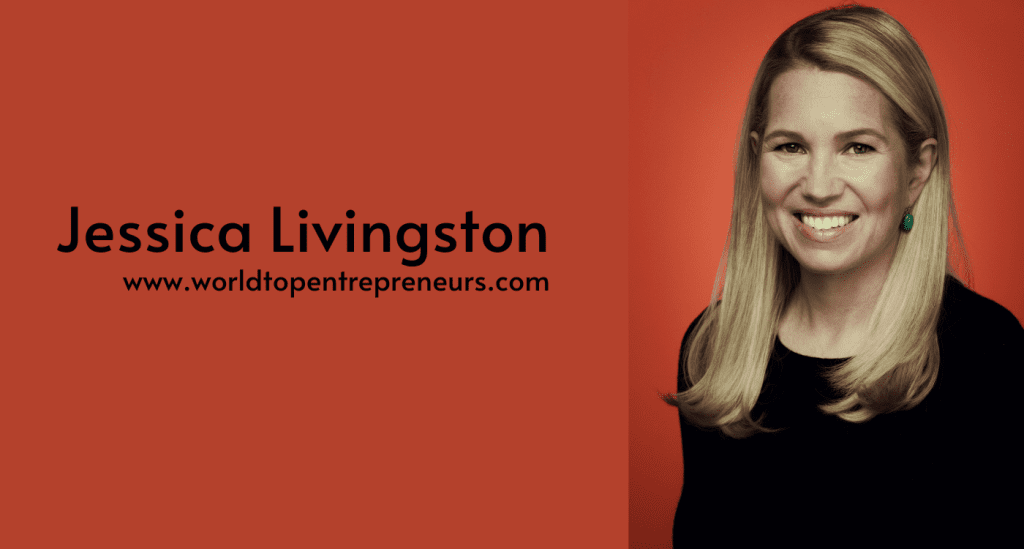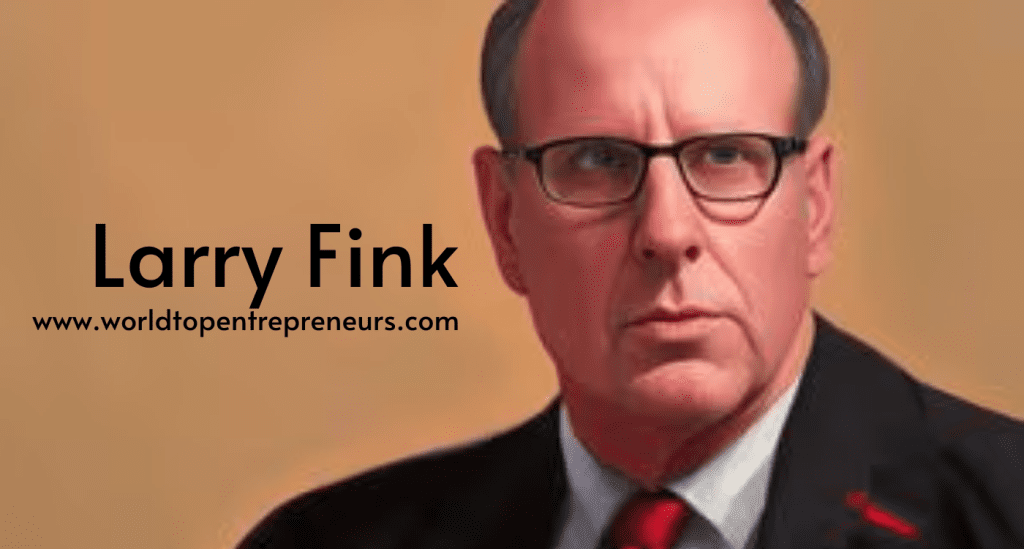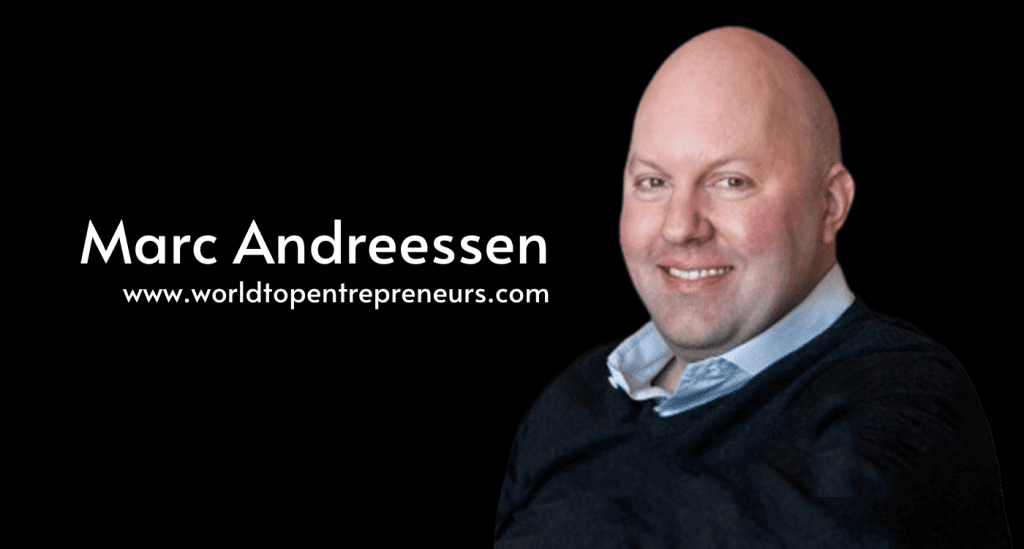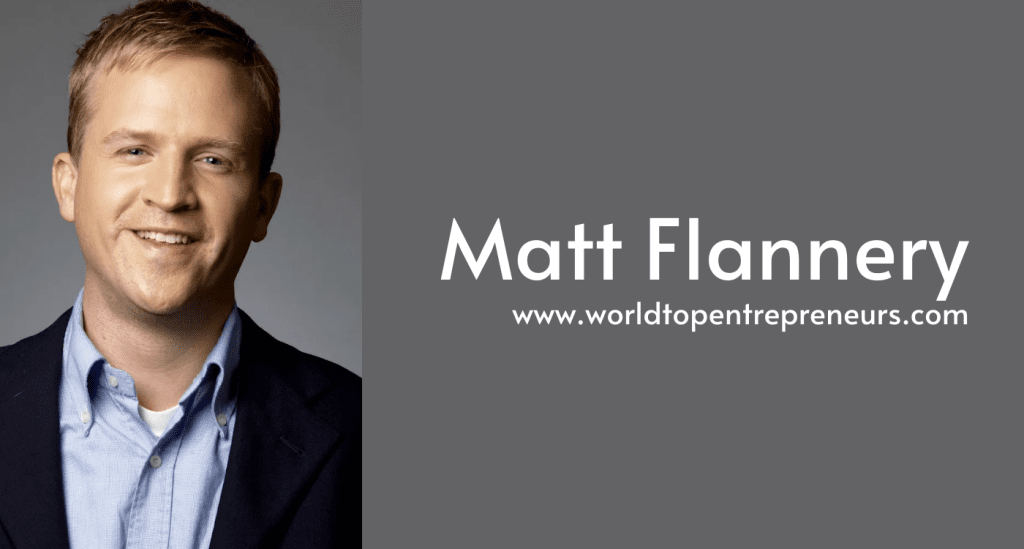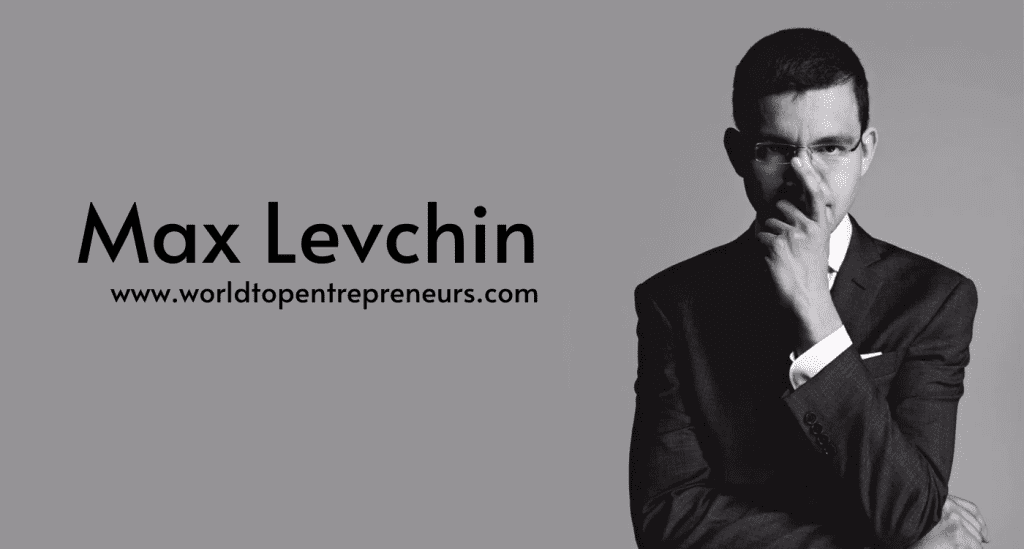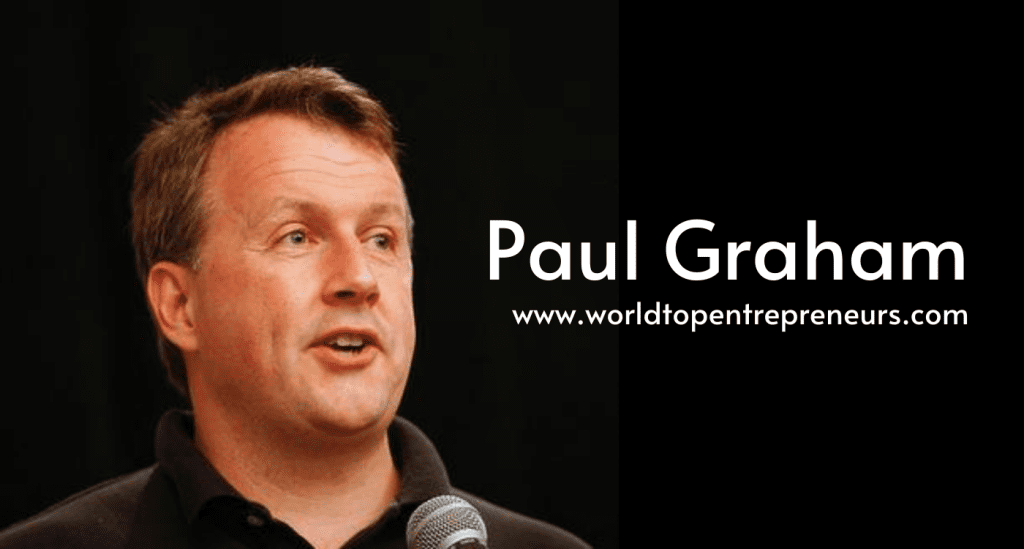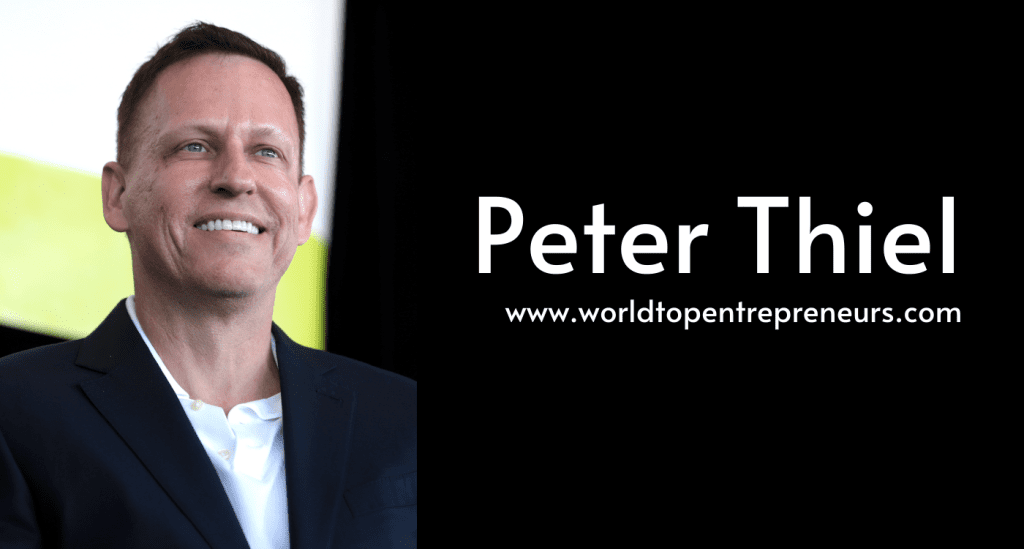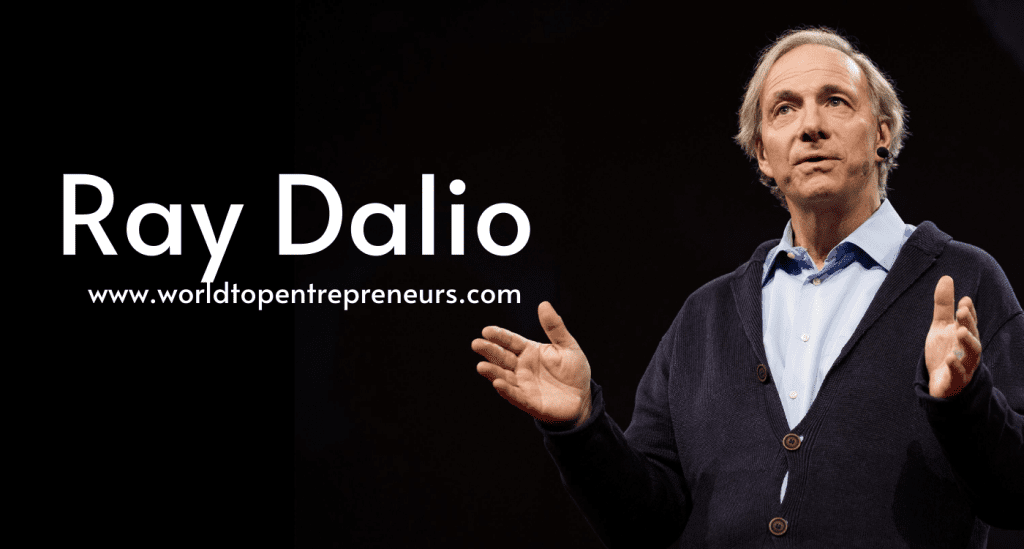Oleg Deripaska is one of Russia’s most influential and controversial businessmen, best known for his leadership of Basic Element, one of the largest and most diversified industrial groups in Russia. His entrepreneurial journey, spanning over three decades, has seen him navigate complex political landscapes, build an empire across various sectors, and establish himself as a key figure in both Russian business and global industry. With a deep understanding of industrial operations and strategic investment, Oleg Deripaska has proven to be a visionary leader with a sharp focus on expansion and innovation.
In this blog, we will take an in-depth look at Oleg Deripaska’s entrepreneurial journey, his educational background, the growth of Basic Element, the challenges he faced, and the successes that have shaped his legacy as one of Russia’s most influential business figures.
Early Life and Educational Background: Laying the Foundations
Born on January 2, 1968, in the Soviet Union (in the city of Dzerzhinsk, Russia), Oleg Deripaska came from a humble background. His father, a military officer, and his mother, a teacher, instilled in him the values of hard work, discipline, and perseverance. From an early age, Oleg exhibited an interest in engineering and technology, which led him to pursue studies at the prestigious Moscow State Institute of International Relations (MGIMO). This institution is well-known for producing high-level professionals who later play prominent roles in Russia’s political and economic spheres.
While many of his peers focused on diplomacy and international relations, Deripaska took a different path, opting to study international economics. His academic background provided him with the necessary skills to understand the complexities of global markets, foreign investment, and industrial trade — knowledge that would become crucial as he embarked on his entrepreneurial journey.
After graduation, Oleg joined the Moscow State Institute of International Relations’ post-graduate program, where he honed his skills in economics and further developed an interest in the financial and industrial sectors. His strong academic foundation, coupled with his natural aptitude for business, set him on the path to become one of Russia’s leading entrepreneurs.
The Birth of Basic Element: Building an Industrial Empire
Oleg Deripaska’s journey into business began in the 1990s when Russia was undergoing significant political and economic changes following the dissolution of the Soviet Union. During this period of transition, the rise of private businesses and the privatization of state-owned enterprises opened the door for a new generation of entrepreneurs. Deripaska saw an opportunity to build a diversified industrial conglomerate that would thrive in the newly emerging Russian economy.
In 1997, Oleg Deripaska founded Basic Element (also known as Bazel), an industrial group that would become a massive conglomerate with interests spanning energy, construction, aluminum production, engineering, and finance. The company was initially focused on the aluminum industry, where Deripaska found success by acquiring key assets, including a controlling stake in the Siberian Aluminum group. Under his leadership, Basic Element began to diversify and expand into various other industries, making strategic investments in energy, real estate, and even telecommunications.
The company’s flagship asset, Rusal, became one of the largest aluminum producers in the world, securing a significant presence in the global metals market. The rise of Rusal under Deripaska’s leadership was a key factor in Basic Element’s success and solidified his reputation as a savvy businessman capable of navigating the complex world of Russian industrial development.
Basic Element’s business model is built on a strategy of diversification and vertical integration. The group not only owns major industrial assets but also has a large stake in the financial services sector through its investments in banking, insurance, and other financial instruments. Through this wide-ranging portfolio, Deripaska ensured that Basic Element remained resilient in the face of changing market conditions.
Struggles: Overcoming Challenges in a Volatile Environment
Oleg Deripaska’s journey was not without its challenges. The rapid growth of Basic Element came at a time when Russia was still undergoing the volatile transition from a planned economy to a market-driven one. The 1990s and early 2000s were marked by extreme political instability, economic uncertainty, and wild fluctuations in industrial sectors.
One of the most significant challenges Deripaska faced was the political and regulatory environment in Russia. The close relationship between business and politics in Russia meant that businessmen like Deripaska had to navigate a complex web of connections with government officials, oligarchs, and regulators. At times, this dynamic led to tense and sometimes controversial situations. Deripaska’s acquisition of large assets and the growth of his wealth earned him a reputation as one of the so-called oligarchs who benefited from the privatization process. This placed him under intense scrutiny both domestically and internationally.
In addition, Basic Element faced significant economic challenges, especially during times of market downturns. The 2008 global financial crisis posed a serious threat to the company’s diverse portfolio, particularly the metals and energy sectors. Deripaska, however, demonstrated remarkable resilience, taking strategic steps to weather the storm, including restructuring debt and refocusing the group’s operations to better withstand the volatility in global markets.
Moreover, Deripaska faced a battle to maintain control of his companies as he dealt with corporate conflicts, lawsuits, and disputes over ownership stakes. The acquisition of assets, often through controversial methods, resulted in some bitter rivalries with other Russian industrialists, which sometimes spilled into the public domain.
Successes: Expanding a Diversified Global Business
Despite these challenges, Oleg Deripaska’s leadership ultimately ensured that Basic Element thrived and became a major player on the global stage. The company’s flagship businesses — particularly Rusal, the aluminum giant — made it one of the world’s largest producers of aluminum, with operations spanning across Russia, Africa, and the Americas.
Under Deripaska’s leadership, Rusal became a key supplier for industries such as automotive manufacturing, aviation, and construction. His strategic acquisition of key assets in global markets not only helped Basic Element grow its industrial portfolio but also boosted its global competitiveness.
One of the major milestones in Basic Element’s success was the development of industrial infrastructure in Russia, which helped modernize the country’s aging manufacturing base. The company’s investments in energy, particularly hydroelectric power, as well as its development of industrial complexes, played a significant role in ensuring Russia’s energy independence and boosting its industrial output.
Moreover, Basic Element’s investments in the financial sector through holdings in major banks and insurance companies have allowed the company to develop a robust, diversified revenue stream. By leveraging its industrial clout, Basic Element became a significant player in Russia’s financial markets, offering services to businesses and consumers alike.
The Global Reach and Future of Basic Element
Today, Basic Element operates across multiple industries, including aluminum, energy, construction, automotive manufacturing, and banking, with a presence in over 20 countries. The company continues to expand its reach into international markets, especially in Asia, Europe, and Africa, and its global operations continue to thrive under the guidance of Oleg Deripaska.
Looking ahead, Deripaska remains focused on sustainability and innovation. With increasing global demand for cleaner and more sustainable energy sources, Basic Element is investing heavily in renewable energy and environmentally friendly technologies. This commitment to sustainability is also reflected in the company’s ongoing efforts to reduce the carbon footprint of its industrial operations and promote green initiatives.
Key Lessons from Oleg Deripaska’s Journey
- Diversification is Key: Deripaska’s ability to diversify Basic Element’s portfolio across multiple industries and sectors has allowed the company to remain resilient during times of economic volatility.
- Navigating Political Landscapes: Building relationships with government officials and understanding the intricacies of political dynamics is crucial to success, especially in markets like Russia where business and politics are closely intertwined.
- Resilience in the Face of Adversity: Deripaska’s ability to weather economic crises and corporate challenges speaks to his strategic thinking and ability to adapt in volatile environments.
- Vision for Innovation and Sustainability: As industries evolve, focusing on innovation and sustainability is essential to ensure long-term success and global competitiveness.
Conclusion: Oleg Deripaska’s Lasting Impact on Russia’s Industrial Landscape
Oleg Deripaska’s entrepreneurial journey with Basic Element is a testament to his vision, resilience, and ability to adapt to changing market dynamics. Overcoming personal, political, and economic challenges, Deripaska transformed a small industrial group into one of Russia’s most diversified and influential conglomerates. His leadership continues to shape Russia’s industrial and financial sectors, with Basic Element playing a significant role in the global marketplace.
As Basic Element expands its global footprint and focuses on sustainable growth, Deripaska’s legacy as one of Russia’s most influential entrepreneurs will likely continue to inspire future generations of business leaders.

